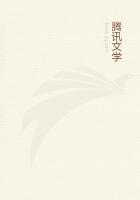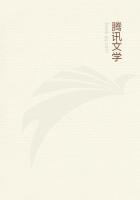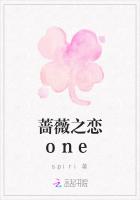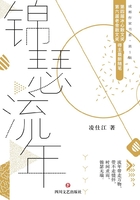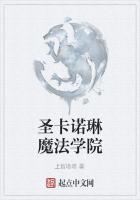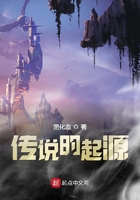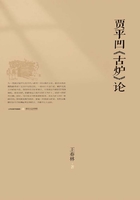"The opium trade progresses steadily. The increased consumption of teas and silk in Great Britain and the United States would merely result in the increase of the opium trade; the case of the manufacturers is hopeless."One of the leading American merchants in China reduced, in an article inserted in Hunt's Merchants' Magazine, for January, 1850, the whole question of the trade with China to this point: "Which branch of commerce is to be suppressed, the opium trade or the export trade of American or English produce?" The Chinese themselves took exactly the same view of the case. Montgomery Martin narrates: "I inquired of the Taoutai at Shanghai which would be the best means of increasing our commerce with China, and his first answer to me, in the presence of Capt. Balfour, Her Majesty's Consul, was: 'Cease to send us so much opium, and we will be able to take your manufactures.'"The history of general commerce during the last eight years has, in a new and striking manner, illustrated these positions; but, before analysing the deleterious effects on legitimate commerce of the opium trade, we propose giving a short review of the rise and progress of that stupendous traffic which, whether we regard the tragical collisions forming, so to say, the axis round which it turns, or the effects produced by it on the general relations of the Eastern and Western worlds, stands solitary on record in the annals of mankind.
Previous to 1767 the quantity of opium exported from India did not exceed 200 chests, the chest weighing about 1331bs. Opium was legally admitted in China on the payment of a duty of about $3 per chest, as a medicine; the Portuguese, who brought it from Turkey, being its almost exclusive importers into the Celestial Empire. In 1773, Colonel Watson and Vice-President Wheeler -- persons deserving to take a place among the Hermentiers, Palmers and other poisoners of world-wide fame --suggested to the East India Company the idea of entering upon the opium traffic with China. Consequently, there was established a depot for opium in vessels anchored in a bay to the southwest of Macao. The speculation proved a failure. In 1781 the Bengal Government sent an armed vessel, laden with opium, to China; and, in 1794, the Company stationed a large opium vessel at Whampoa, the anchorage for the port of Canton. It seems that Whampoa proved a more convenient depot than Macao, because, only two years after its selection, the Chinese Government found it necessary to pass a law which threatened Chinese smugglers of opium to be beaten with a bamboo and exposed in the streets with wooden collars around their necks. About 1798, the East India Company ceased to be direct exporters of opium, but they became its producers. The opium monopoly was established in India; while the Company's own ships were hypocritically forbidden from trafficking in the drug, the licences it granted for private ships trading to China containing a provision which attached a penalty to them if freighted with opium of other than the Company's own make. In 1800, the import into China had reached the number of 2,000 chests. Having, during the eighteenth century, borne the aspect common to all feuds between the foreign merchant and the national custom-house, the struggle between the East India Company and the Celestial Empire assumed, since the beginning of the nineteenth century, features quite distinct and exceptional; while the Chinese Emperor, in order to check the suicide of his people, prohibited at once the import of the poison by the foreigner, and its consumption by the natives, the East India Company was rapidly converting the cultivation of opium in India, and its contraband sale to China, into internal parts of its own financial system.
While the semi-barbarian stood on the principle of morality, the civilized opposed to him the principle of self. That a giant empire, containing almost one-third of the human race, vegetating in the teeth of time, insulated by the forced exclusion of general intercourse, and thus contriving to dupe itself with delusions of Celestial perfection-that such an empire should at last be overtaken by fate on [the] occasion of a deadly duel, in which the representative of the antiquated world appears prompted by ethical motives, while the representative of overwhelming modern society fights for the privilege of buying in the cheapest and selling in the dearest markets-this, indeed, is a sort of tragical couplet stranger than any poet would ever have dared to fancy.
FREE TRADE AND MONOPOLY
New York Daily Tribune September 25, 1858 by KARL MARX
IT WAS the assumption of the opium monopoly in India by the British Government which led to the proion of the opium trade in China.
The cruel punishments inflicted by the Celestial legislator upon his own contumacious subjects, and the stringent prohibition established at the Chinese custom-houses proved alike nugatory. The next effect of the moral resistance of the Chinaman was the demoralization, by the Englishman, of the Imperial authorities, custom-house officers and mandarins generally. The corruption that ate into the heart of the Celestial bureaucracy, and destroyed the bulwark of the patriarchal constitution, was, together with the opium chests, smuggled into the Empire from the English storeships anchored at Whampoa.

